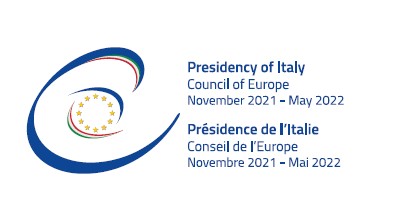
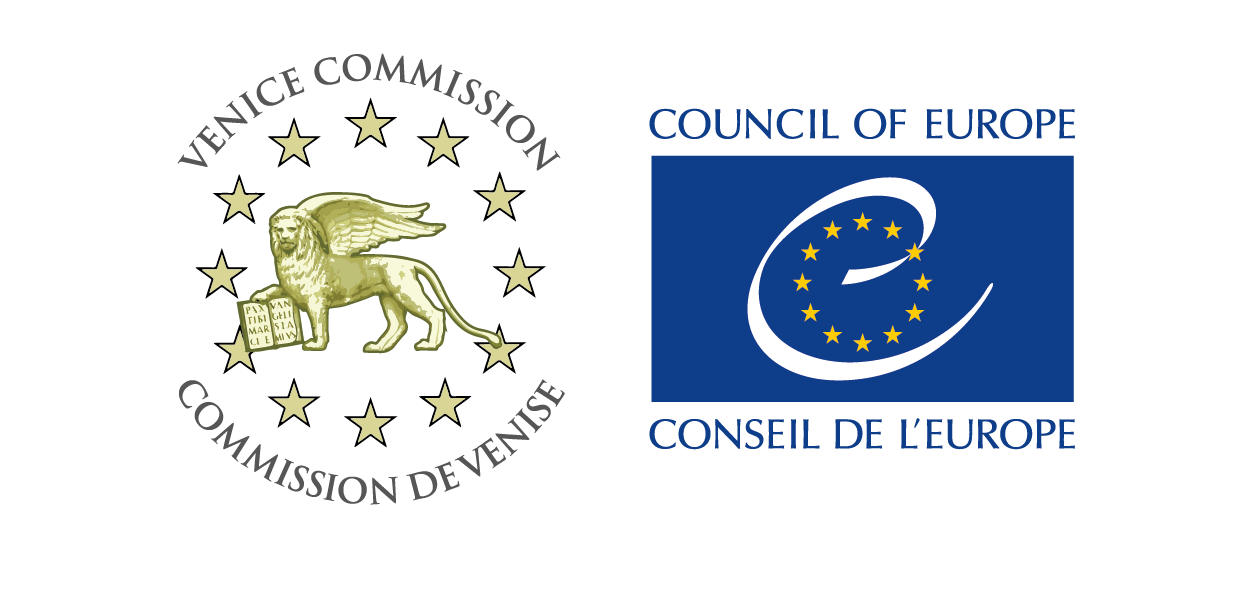
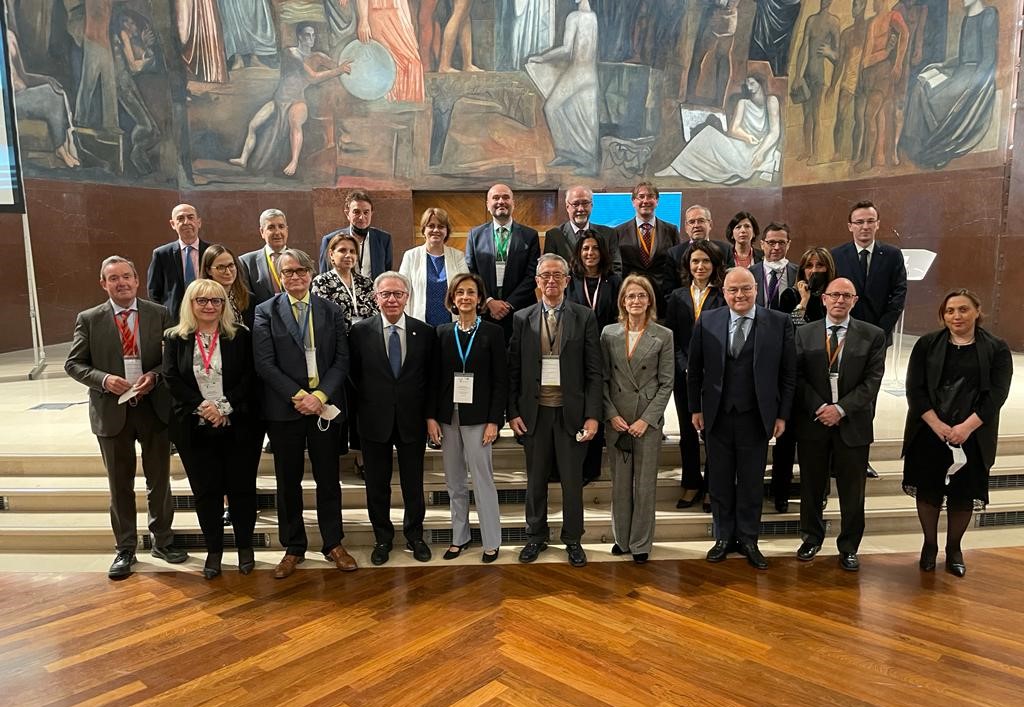
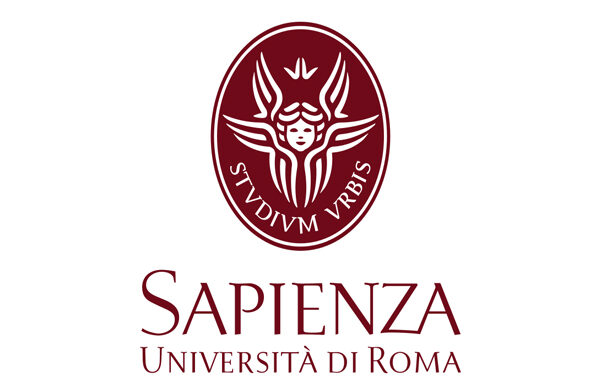
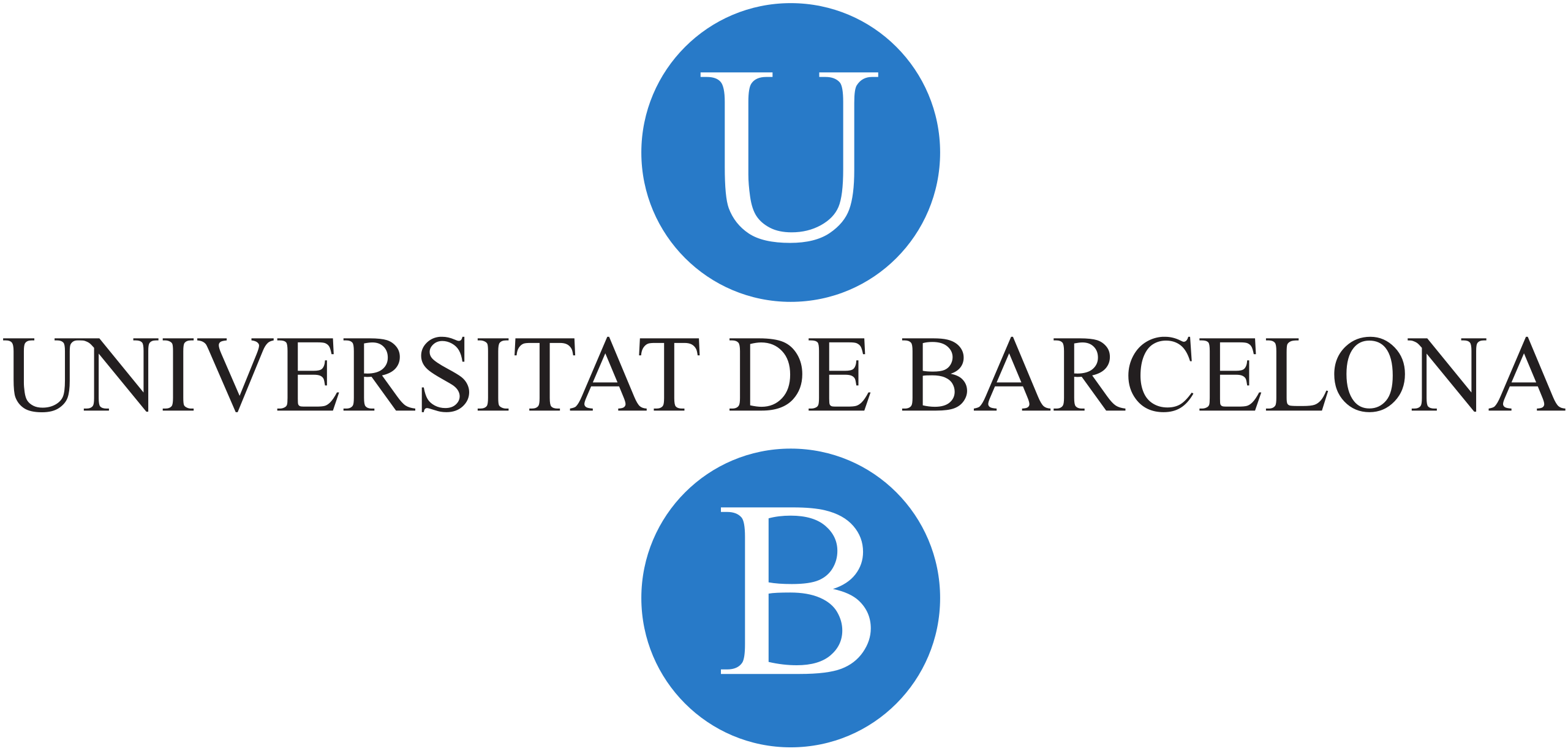
SHAPING JUDICIAL COUNCILS TO MEET CONTEMPORARY CHALLENGES
International Round Table
University La Sapienza, Rome, Aula Magna, Rectorate Palace
Piazzale Aldo Moro, 5, 00185 Roma RM, Italy
21 – 22 March 2022
(Hybrid format)
While there is a variety of systems of judicial governance in Europe, the most common model is based on the institution of a judicial council – an autonomous public body, usually composed of judges and lay members in different proportions, and exercising powers related to the career and discipline of judges, and also performing some administrative and standard-setting functions. This model has been recommended by the Council of Europe bodies as a means to avoid the two opposite risks of corporatism (and ensuing lack of accountability of the judicial system) and politicisation (undue influence of the parliament and government over the judicial system).
Finding the right balance between independence and accountability has proved challenging in some Council of Europe member States, where frequent and repeated reforms have been attempted to achieve an appropriate composition of judicial councils. The Venice Commission has been consulted in relation to these reforms and has analysed their compliance with the applicable international standards. It has realised the need to identify more detailed options and solutions for achieving a formula for the composition of judicial councils which meets both international standards and the specific national circumstances and needs, and for attributing to those councils necessary functions and powers.
This round table will examine several national examples of composition of judicial councils, and, building upon recent experiences, formulate further recommendations as to how its members - judicial, lay and any ex officio, should be selected and appointed. It will also deal with the mandate of those councils. The speakers – members of the national judiciaries or judicial governance bodies, government officials, academics, and international experts – are encouraged to identify not only the problems of the currently existing models but also solutions (already existing or possible) to those problems.
Short programme
(detailed programme see here)
Monday, 21 March 2022
10:00 – 10:30 - Opening addesses
10:30 – 12:30 - Introductory session: Defining the framework
14:00 – 16:00 - First Panel: The status of the members of the Judicial Council
16:30 – 18:30 - Second Panel: Election/appointment of the members of the judicial council
Tuesday, 22 March 2022
09:30 – 11:30 - Third Panel: The role and the powers of the judicial council
12:00 – 13:00 - Concluding session: General discussion and conclusions
Useful links
- Detailed program of the round table
- List of participants, CVs of speakers
- Addresses, speeches and presentations :
- G. Buquicchio, President Emeritus, SR of the Venice Commission, opening speech
- D. Reynders, European Commissioner for Justice, video message
- R. Sabato, Judge, European Court of Human Rights, presentation
- N. Betetto, Member of the CCJE, presentation
- M. Popovic, Minister of Justice, Serbia, presentation
- M. Kuijer, Venice Commission member in respect of the Netherlands, presentation
- B. Mathieu, Venice Commission member in respect of Monaco, presentation
- R. Barrett, Venice Commission member in respect of Ireland, presentation
- R. Deskoska, Venice Commission member in respect of North Macedonia, presentation
- O. Stamate, Venice Commission, Chair of the Legal commission for appointments and immunities, Parliament, Republic of Moldova, presentation
- A. Eilers, President of the Consultative Council of European Judges (CCJE), presentation
- J. Manuel Fernandez, Member of the High Council of the Judiciary, Spain, presentation
- A. Sanders, CCJE Scientific Expert, Prof. University of Bielefeld, Germany, presentation
- A. Gallego Torres, Director General, Directorate-General for Justice and Consumers (DG JUST/EU), speaking points
- E. Staykov, judge, Supreme Court of Cassation, Bulgaria, presentation
- N. Llagami, Chairperson of High Judicial Council, Albania, presentation
- A. Brown, UK GRECO member, presentation
- N. Janezashvili, Director of the Georgian Court Watch, presentation
- Council of Europe standards and comparative materials: